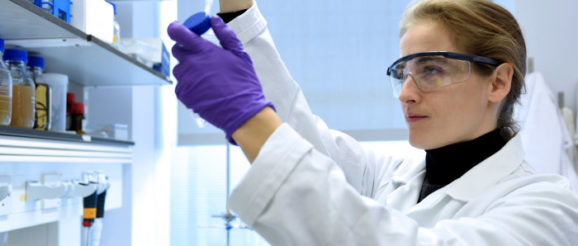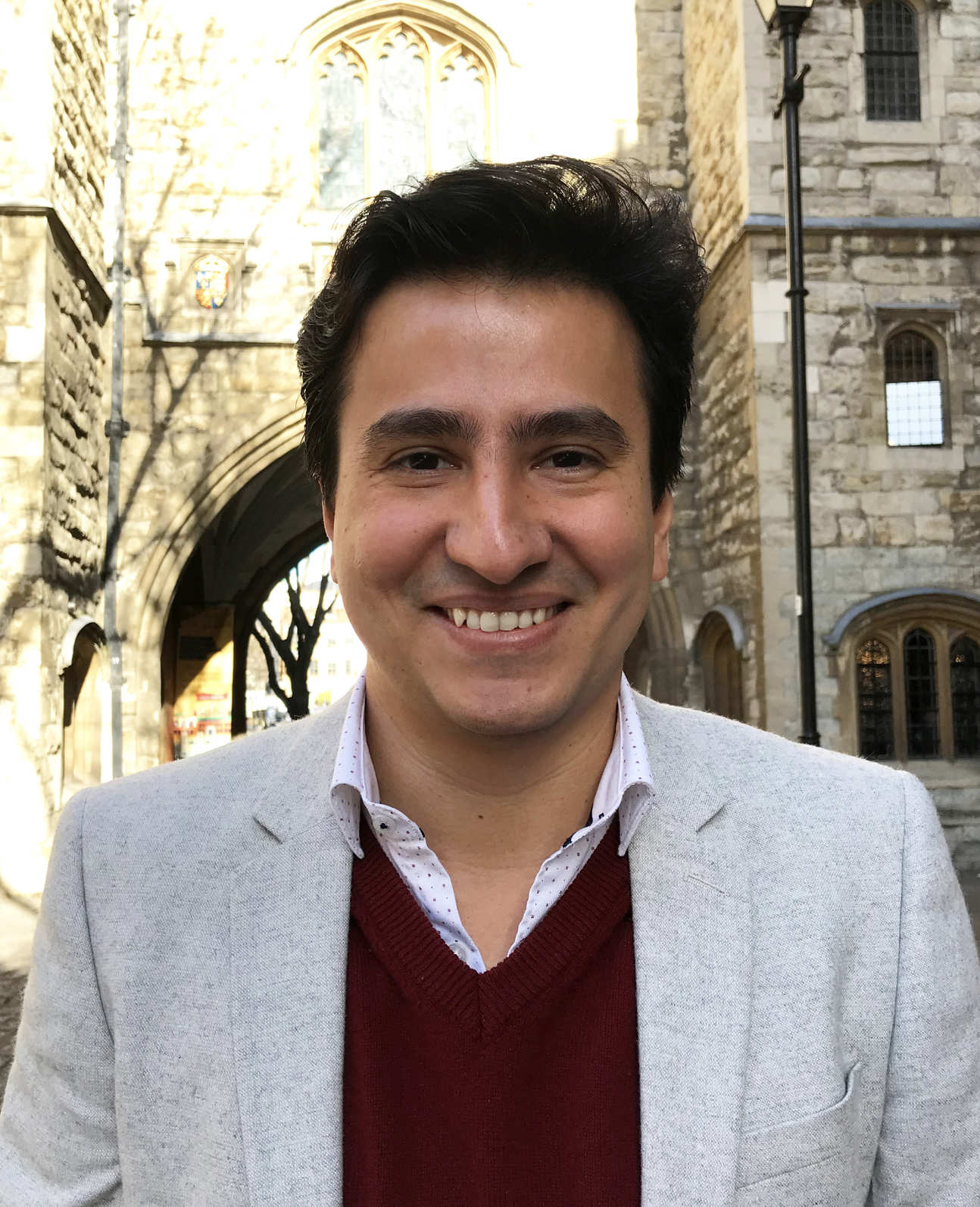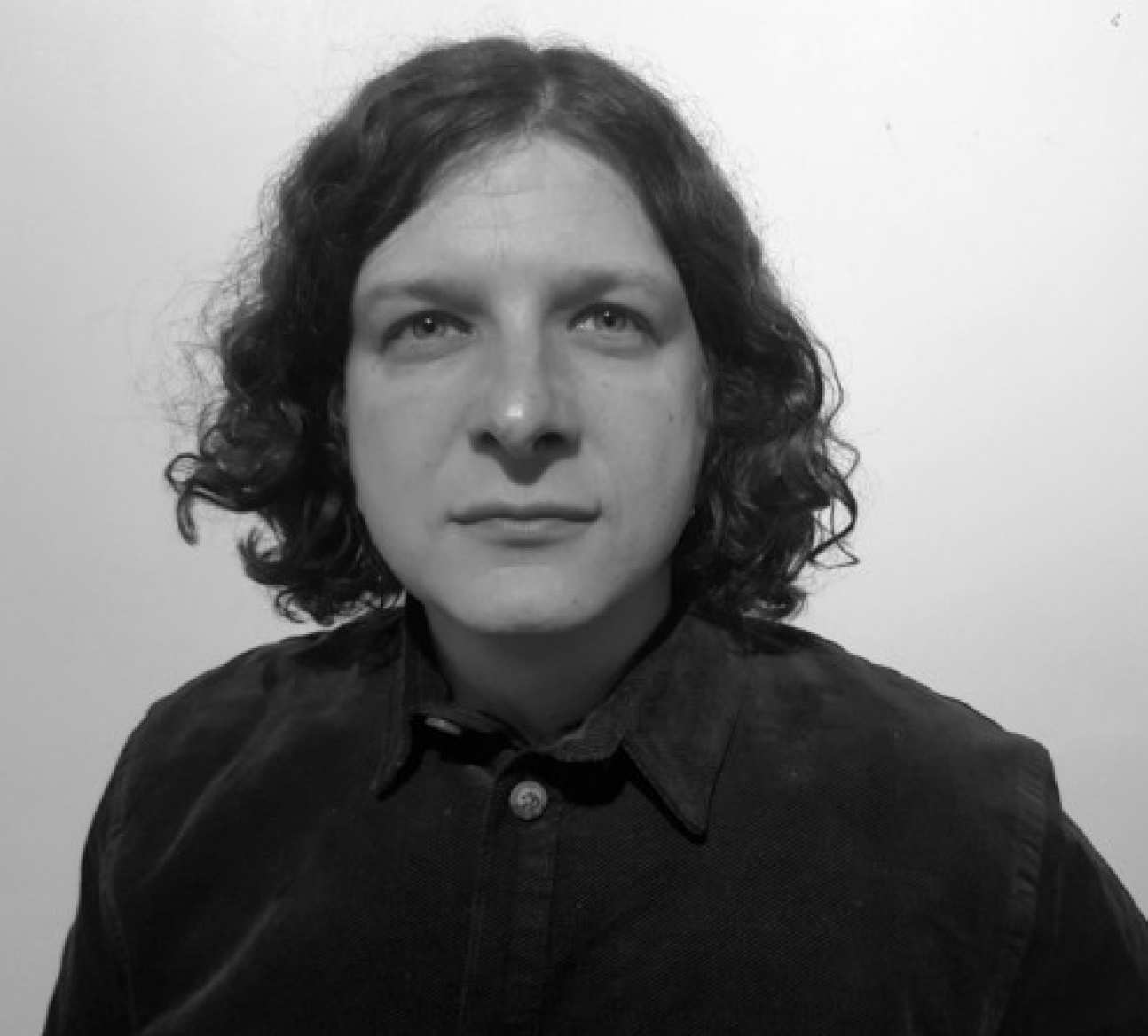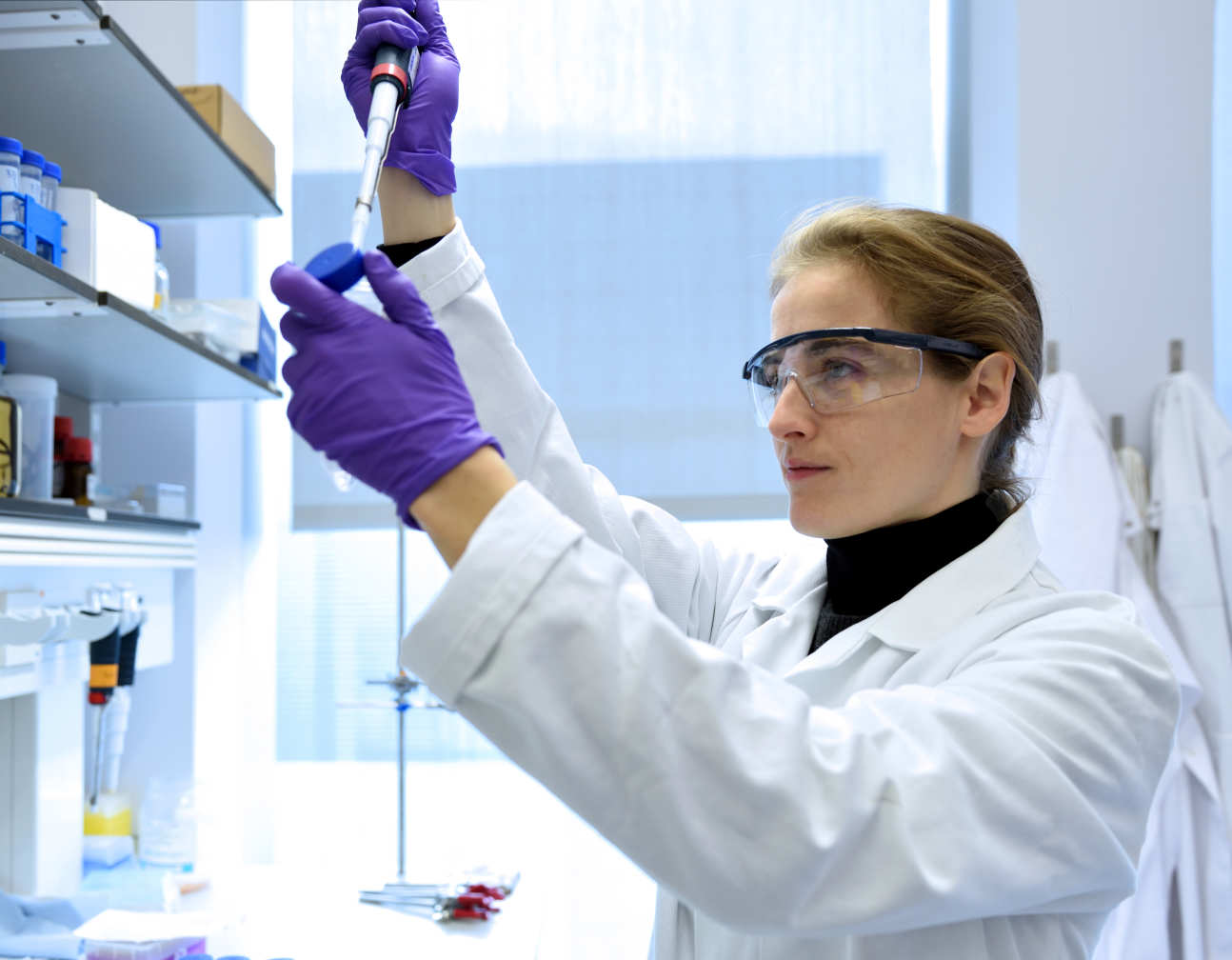Future research and innovation leaders backed through flagship fellowships | Imperial News | Imperial College London

Three Imperial researchers have been awarded Future Leader Fellowships from UK Research and Innovation to tackle pressing global challenges.
The prestigious fellowships were established to support a new generation of rising stars. They provide early career academics with the flexibility and time they need to tackle ambitious challenges.
The three researchers will investigate how to use nature’s solar cells to power sustainable chemistry, develop a new understanding of single cells, and map cellular pathways involved in ageing.
They each receive around £1.5m to support them for four years and allow them to grow their own teams.
Sir Mark Walport, Chief Executive of UK Research and Innovation, said: “The Future Leaders Fellowships are UKRI’s flagship talent programme, designed to foster and nurture the research and innovation leaders of the future.
“We are delighted to support these outstanding researchers and innovators across universities, research organisations and businesses.”
Powered by light
 Dr Tanai Cardona from the Department of Life Sciences will lead the new Molecular Evolution Lab at Imperial. He will study the origin and evolution of photosynthesis, including crucial components called photosystems – nature’s own solar cells. He wants to uncover in precise detail how photosystems evolved through billions of years and how they continue to evolve today.
Dr Tanai Cardona from the Department of Life Sciences will lead the new Molecular Evolution Lab at Imperial. He will study the origin and evolution of photosynthesis, including crucial components called photosystems – nature’s own solar cells. He wants to uncover in precise detail how photosystems evolved through billions of years and how they continue to evolve today.
He plans to use their evolutionary history, in combination with a series of genetic engineering approaches, to develop photosystems that could carry out complex new green and sustainable chemical reactions entirely powered by light.
Dr Cardona said: “I have always dreamed about leading my own research group, and have been working hard towards accomplishing that. The Future Leaders Fellowship will allow me to consolidate and expand my group into the Molecular Evolution Lab.
“The award allows me not only to combine my two biggest research passions, photosynthesis and evolution, but also to merge fundamental research with more applied perspectives focused on tackling some of the sustainability challenges that we face now.”
Understanding every cell
 Dr Philipp Thomas from the Department of Mathematics and the EPSRC Centre for Mathematics of Precision Healthcare will develop the maths for new models of living cells. Cells do not act all the same way, even if they are the same type, due to randomness during reactions between cells, and during cell growth and division.
Dr Philipp Thomas from the Department of Mathematics and the EPSRC Centre for Mathematics of Precision Healthcare will develop the maths for new models of living cells. Cells do not act all the same way, even if they are the same type, due to randomness during reactions between cells, and during cell growth and division.
This makes it difficult to reliably predict the behaviour of cells – how they normally act, what goes wrong in disease, and how they will respond to drugs.
By creating new mathematical models for how cells act and interact, and combining these with time-lapse microscopy of single cells, Dr Thomas hopes to provide crucial understanding of cell functioning.
He said: “The fellowship will enable me to start an intensive research programme of collaborative research and gather a team that is world-leading in single-cell analysis.”
Unravelling membranes
 Dr Sarah Rouse from the Department of Life Sciences uses multidisciplinary methods, including molecular simulations, X-ray crystallography and cryoEM, to investigate the structural biology of cell membranes. She will tackle new and unexplored questions about mitochondrial lipid signalling pathways within membranes that are critical in ageing and age-related disorders, such as neurodegenerative disease, cardiomyopathies (heart-related diseases) and cancer.
Dr Sarah Rouse from the Department of Life Sciences uses multidisciplinary methods, including molecular simulations, X-ray crystallography and cryoEM, to investigate the structural biology of cell membranes. She will tackle new and unexplored questions about mitochondrial lipid signalling pathways within membranes that are critical in ageing and age-related disorders, such as neurodegenerative disease, cardiomyopathies (heart-related diseases) and cancer.
She said: “The £1.5m funding for the first four years will allow me to build my independent research group and fund its core activities. The fellowship’s unique format, with its emphasis on innovation and leadership, will allow me to drive research and be at the forefront of the field.”
Another key aim of the Fellowship is to promote collaboration and knowledge exchange between academic and industry partners. This kind of broad outlook, Dr Rouse says, “will allow my group to translate our research findings into broader societal impact by exploring therapeutic and diagnostic avenues at the earliest opportunity.”
She continues: “The support I have received from Imperial’s research community has been invaluable in both securing this Fellowship and exploring routes to commercialisation of my research, via opportunities like the Techcelerate programme. I’d particularly like to acknowledge the Postdocs and Fellows Development Centre and the Life Science Research Manager, Richard Bowman.”
